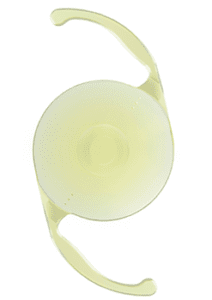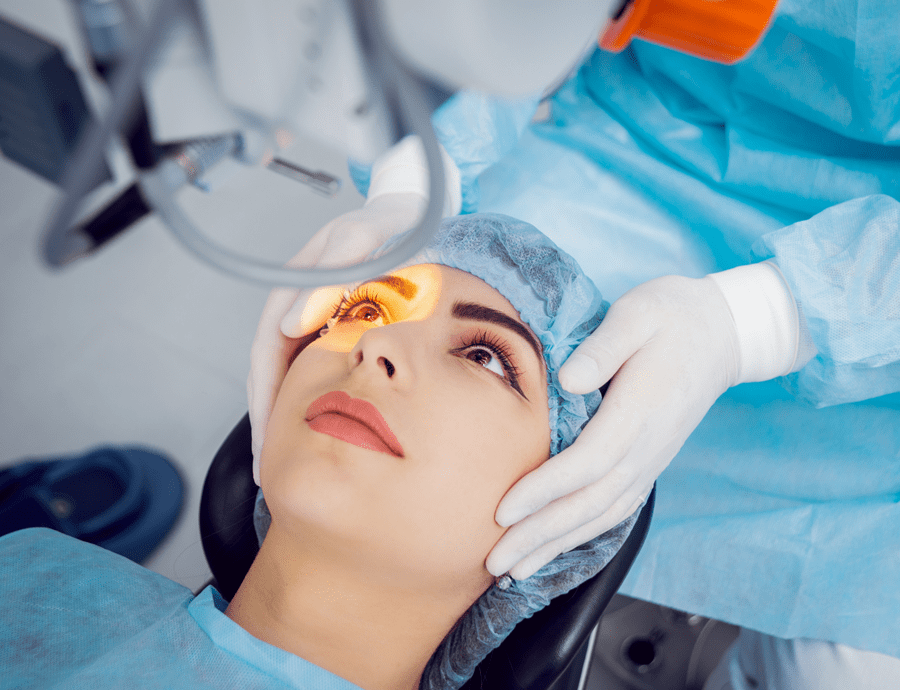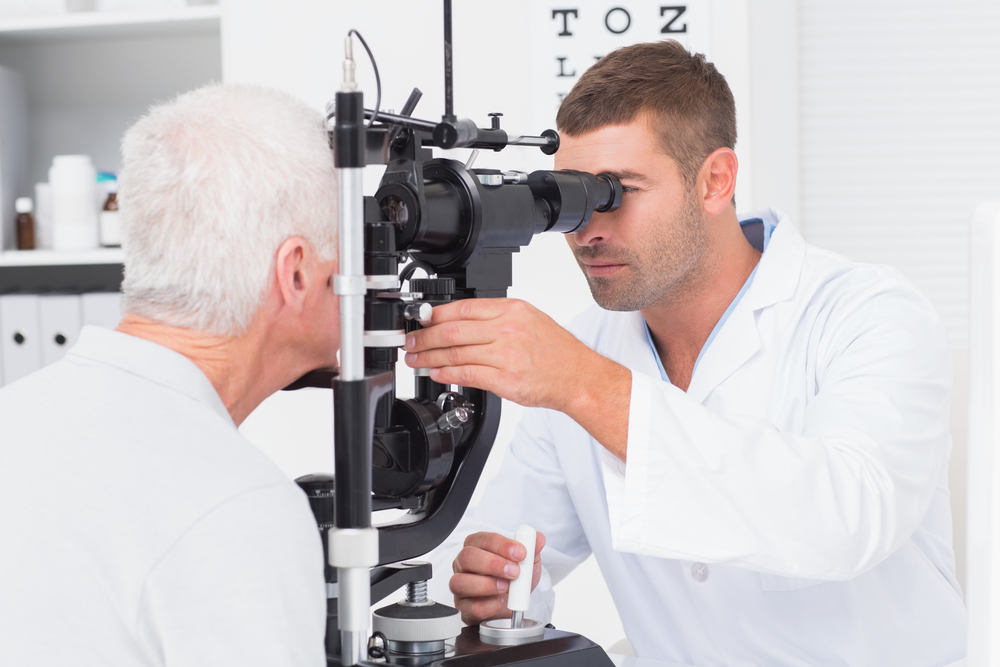 NABR – West Michigan’s Best and Brightest
NABR – West Michigan’s Best and Brightest
The National Association of Business Resources (NABR) will honor Specialty Eye Institute as one of the organizations awarded West Michigan’s Best and Brightest Companies to work for at their upcoming awards banquet in May. Companies are rated based on their commitment to excellence in their human resource practices and employee enrichment.
An independent research firm evaluates companies based on an organization’s communication, work-life balance, employee education, development, diversity, recognition, and retention.
“We are honored to recognize the efforts of this year’s Best and Brightest companies,” said Jennifer Kluge, president and CEO, Best and Brightest Programs.
“These companies have created impressive organizational value and business results through their policies and best practices in human resource management. This award has become a designation sought after by hundreds of West Michigan companies and is a powerful recruitment tool in the drive to attract and retain exceptional employees.”
The Best and Brightest Companies to Work For® is a program that provides the business community with the opportunity to gain recognition, showcase their best practices and demonstrate why they are an ideal place for employees to work. This national program celebrates those companies that are making better business, creating richer lives and building a stronger community as a whole.
 877-852-8463
877-852-8463 Careers
Careers Locations
Locations Patient Portal
Patient Portal Request Appointment
Request Appointment
 NABR – West Michigan’s Best and Brightest
NABR – West Michigan’s Best and Brightest






 877-852-8463
877-852-8463
